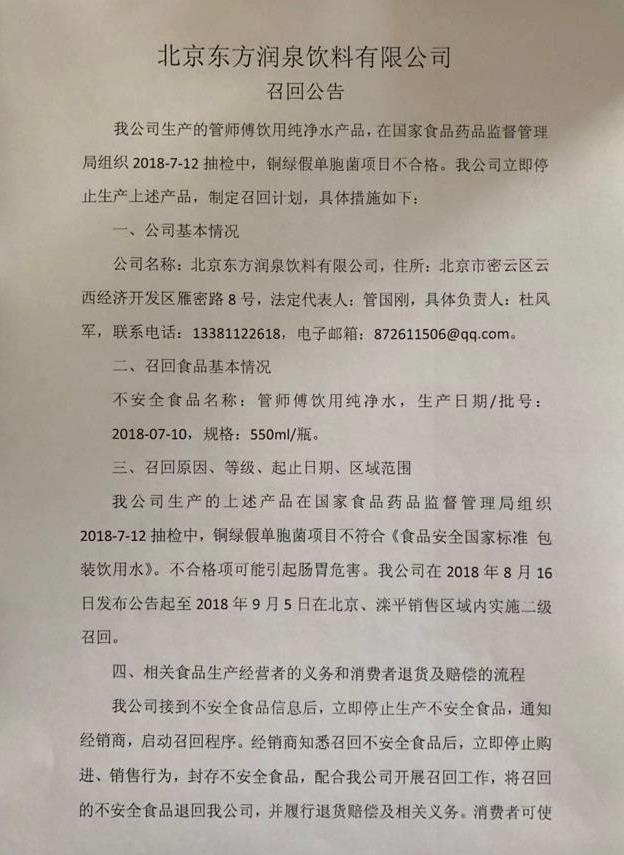双语解析:哪些运动对心理健康最有益?
We assume exercise improves our mental health. But what kind of exercise works best?
我们认为运动有利于心理健康,但哪种运动的效果最好呢?
Researchers looking at the link between physical activity and mental health found that team sports fared best, followed by cycling, either on the road or a stationary bike.
研究人员研究了运动与心理健康之间的关系,发现团体运动的效果最好,骑车次之,无论是户外骑行还是在室内骑动感单车。
The study, published in the journal Lancet Psychiatry this month, is among the first of its kind, and the largest, analyzing the effect of different types of exercise.
这篇研究文章发表在本月的《柳叶刀精神病学》(Lancet Psychiatry)上,是同类研究中的第一项,也是规模最大的一项,它分析了不同类型运动的效果。
It found that physical activity typically performed in groups, such as team sports and gym classes, provided greater benefits than running or walking.
研究发现,总体而言,以团体形式进行的运动(如球类运动和团操课等)比跑步或走路更有益处。
Researchers rated mental health based on a survey. It asked respondents how many days in the previous month their mental health was “not good” due to stress, depression or problems with emotions.
研究人员根据调查对心理健康评了级。他们询问调查对象,这一个月以来有多少天会由于压力、抑郁或情绪问题而心理健康状况“不佳”。
People who played team sports like soccer and basketball reported 22.3% fewer poor mental-health days than those who didn’t exercise. Those who ran or jogged fared 19% better, while those who did household chores 11.8% better.
与不运动的人相比,参加足球和篮球等团体运动的人心理健康状况不佳的天数要少22.3%,跑步或慢跑的人则少了19%,做家务的人则少11.8 %。
In a secondary analysis, the researchers found that yoga and tai chi—grouped into a category called recreational sports in the original analysis—had a 22.9% reduction in poor mental-health days. (Recreational sports included everything from yoga to golf to horseback riding.)
在第二次分析中,研究人员发现瑜伽和太极(最初分析时被归入休闲运动的类别中)能减少22.9%的心理健康状况不佳天数。(休闲运动包罗万象,瑜伽、高尔夫以及骑马都算在内)。
Adam Chekroud, the senior author on the study, is a chief scientist and co-founder of Spring Health, a New York City-based mental-health startup, and an assistant professor of psychiatry at Yale University. He says team sports may have an extra benefit because of the social component, and yoga/tai chi promote mindfulness, which is often touted as beneficial for mental health.
这篇研究文章的第一作者Adam Chekroud是一名首席科学家,也是纽约精神健康创业公司Spring Health的联合创始人,还是耶鲁大学精神病学的助理教授。他说团体运动含有社交成分,所以会有额外的好处,而瑜伽/太极能提升正念,而这正是人们经常说的对心理健康有益的因素。
He would like to explore with further research why some activities scored higher than others to see if exercise regimes can be personalized to choose the most relevant and helpful type.
他希望通过进一步的研究来探索为什么某些运动的效果比其他运动好,看看能否制订个性化的健身计划,选择对个人最合适、最有效的运动。
The researchers also found that those who exercise between 30 and 60 minutes had the best mental health, with 45 minutes the optimal duration. Exercising three to five times a week correlated with fewer dark days.
研究人员还发现,锻炼30到60分钟的人心理健康状态最佳,而45分钟是最合适的持续运动时间。每周锻炼三到五次的人心情不好的天数更少。
More exercise wasn’t always better. “Over 90 minutes of exercise and there isn’t an extra benefit,” Dr. Chekroud says.
并不是运动得越多越好。“90分钟以上的锻炼并不会带来额外益处。”Chekroud博士说。
The study analyzed the exercise habits and mental health of 1.2 million U.S. adults, based on self-reported answers to survey questions from the Centers for Disease Control and Prevention. It wasn’t a randomized controlled study and therefore didn’t prove causality, just an association between exercise and better mental health. It can’t explain if poor mental health causes people to exercise less or exercise causes people to have better mental health.
这项研究分析了120万名美国成年人的运动习惯与心理健康状况,以受访者对美国疾病控制与预防中心(Centers for Disease Control and Prevention)调查问卷的自我评断回答为基础。它并不是一项随机对照研究,因此并不能论证因果关系,只能说明运动与较好的心理健康状况之间存在联系。它也不能解释较差的心理健康状况是否会导致人们减少运动,也无法解释运动能否改善心理健康状况。














